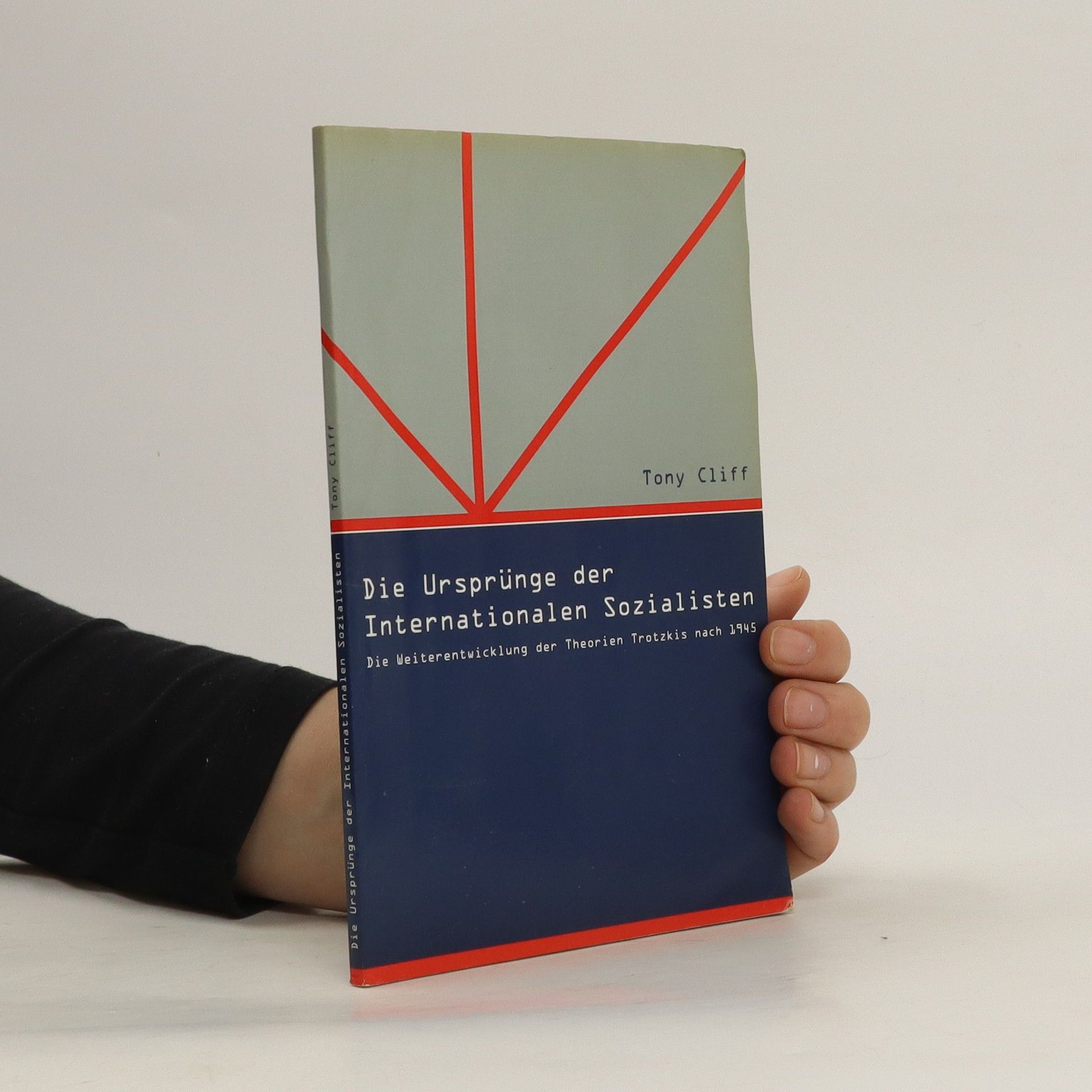Die Ursprünge der Internationalen Sozialisten
- 100 pages
- 4 hours of reading
This author delves into complex political and social theories, examining the nature of state capitalism and critiquing orthodox Marxist currents. His work focuses on forging connections between workers' movements across ethnic and religious divides, analyzing the historical forces shaping political action. Through his writings, he offers profound insights into the dynamics of revolutionary endeavors and critiques of state power. His intellectual legacy lies in stimulating critical thought about power structures and advocating for the unity of the working classes.
